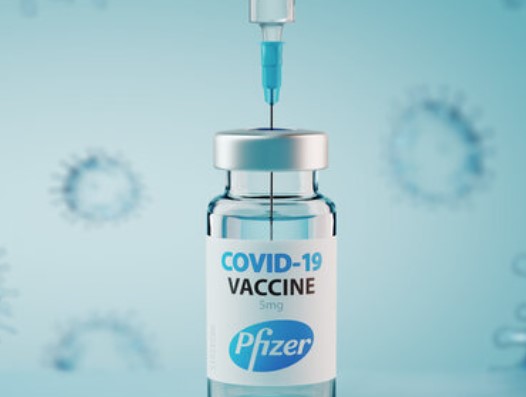Japan on Friday accorded approval for Bharat Biotech’s Covaxin booster dose for travellers. In April this year, the nation included the Made-in-India Covid-19 vaccine in the list of recognised vaccines. And, now (August 5), Japan has also approved the booster shot of Covaxin.
Bharat Biotech wrote in a statement, “We are proud to announce, Japan has approved COVAXIN booster dose for travellers”.
Earlier this month, the vaccine developer announced that the administration of the third dose of its Covid-19 vaccine Covaxin (BBV152) after six months of two-dose vaccination significantly enhanced neutralizing antibody responses, and demonstrated increased memory B cell response in subjects in controlled clinical trials.
The findings published in a peer review journals were based on a comprehensive study that has demonstrated multiple benefits of Covaxin. According to Bharat Biotech the vaccine provides benefits like long-term immune response, cell-mediated immunity, the safety of booster dose, and immunogenicity against spike protein.
The biotech major also said immune responses declined at six months but increased by 40-fold in subjects who received a booster dose. Immune responses when assessed against variants of concern and persisted up to 12 months.
Covaxin is a multi-epitome vaccine – Dr. Krishna Ella
Dr Krishna Ella, Chairman and Managing Director, Bharat Biotech, said, “Our team has now demonstrated that Covaxin is a multi-epitope vaccine with antibodies against spike, RBD, and N proteins. Post booster dose, it has proven to neutralize antibody responses against variants of concern and long-term protection through memory T and B cell responses. We have now achieved our goal of developing a safe and efficacious vaccine with long-term protection against a spectrum of variants.”
The study was conducted on 184 subjects, who were randomized 1:1 and received either a booster dose of BBV152 or a placebo, 6 months after the primary series of two doses. Subjects were evaluated for safety, neutralizing antibody responses against variants of concern, binding antibodies against spike protein, RBD, and N proteins, and for memory T and B cell responses to demonstrate cell-mediated immunity, said the company.






